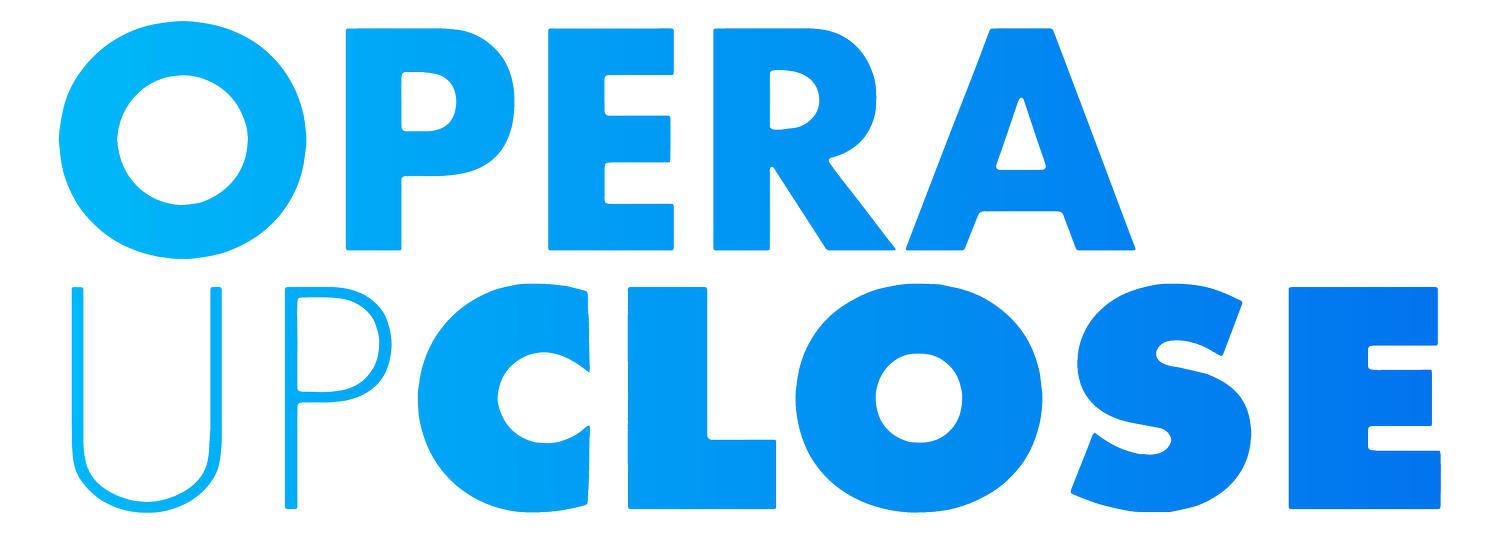La Voix Humaine (Up Close)
La Voix Humaine - Week One
Hello there, I'm James and this is my first entry in a short weekly blog to document my involvement as the Trainee Assistant Director for OperaUpClose's production of La Voix Humaine - Cocteau's operatic adaptation of Poulenc's play of the same name. I have previously directed amateur productions, and performed in professional ones, but this is my first time behind the scenes in a professional operatic production - and what a fantastic opportunity it is!
My first love is classical theatre, and I don’t really have more than a novice understanding of opera, but the piece is already looking and sounding great, and it’s both humbling and inspiring to be around so many incredibly talented and dedicated people. The first meeting was a run of the show for the assembled crew and creatives. In traditional opera performances, the audience aren't usually as close to the action I was in our little rehearsal space, and sitting only an arm's length away from pianist, Richard Black, and performer, Sarah Minns, was quite unique - a dazzling experience for me.
The second rehearsal was quite different, but very productive, with a focus on R&D. Director Robin Norton-Hale, and myself, went through the chronology of the play and identified the facts established in the text. We had to do this to ensure that the production will be true to the author and composer’s intentions, and that any creative decisions made are informed by the world established by Poulenc and Cocteau.

I came to the rehearsal with some contextual research on 1930s Paris, and, because of Robin Norton-Hale's unique take on the text - an exploration of LGBTQ relationship politics of the time. This is, perhaps, the most interesting thing about the early stages of this production - although the words remain the same as Poulenc's (excusing slight variants through translation), we are rehearsing this opera with a twist - the male lover on the end of the phone is actually a woman. Quite how much this will change the production remains to be seen. Regardless, I found the process of researching this subject very enjoyable and hope to have added some dramaturgical value to the rehearsal space.
It will also be useful for us to reflect our findings back onto our approach to the performance -helping the director and production team with ideas about how we might use scenography, staging, or lighting to establish a mood, time and place that would accurately reflect the world of 1930s Paris, the world of the apartment, and the world inside the leading lady's head. The fact that my ideas are accepted in the dramaturgical process is a testament to the inclusive work environment this incredibly experienced team have created.
However, the most eye-opening thing I learned today is that although an opera is sung, the backstory and characterisation is just as important as in my beloved classical theatre. The theatrical process we are going on is no different - the characters in an opera are as full and rounded as in any play. As my understanding and appreciation of this wonderful art form increases, I cannot wait to see how the research, the rehearsals, the design, and (most importantly, of course!) the direction begins to shape La Voix Humaine into the fantastic show I know it's going to be.
I look forward to letting you know more, next week.
La Voix Humaine will premiere at Kings Place on 2 July, for more details click here.
